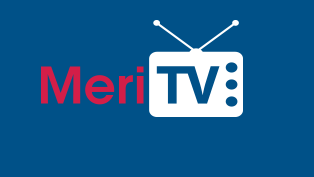
The Federal Communications Commission (FCC) has adopted the final rules to implement the Emergency Connectivity Fund Program, which will help schools and libraries purchase the technology needed to close the homework gap.

The $7.17 billion program is funded by the American Rescue Plan Act of 2021 and will enable schools and libraries to purchase laptop and tablet computers, Wi-Fi hotspots, and broadband connectivity for students, school staff, and library patrons needed during and after the COVID-19 pandemic.
“Far too often, students, teachers, and library patrons lack the access they need to broadband and connected devices,” said Jessica Rosenworcel, acting chairwoman of the FCC. “These investments will help more Americans access online education, healthcare, and employment resources. They will help close the Homework Gap for students nationwide and give so many more households the ability to connect, communicate, and more fully participate in modern life.”
The new rules and policies adopted by the FCC define eligible equipment and services, service locations, eligible uses, and reasonable support amounts for funding provided. The Commission has also designated the Universal Service Administrative Company as the program administrator with FCC oversight. The FCC said the new policies leverage the processes and structures used in the E-Rate program for the benefit of schools and libraries already familiar with the E-Rate program. The FCC also adopted procedures intended to protect the limited funding from waste, fraud, and abuse.
“This essential $7.17 billion investment in our children, society, and future leaders has the potential to change the lives of millions of children who need support to get the most out of school – especially those in low-income communities,” said Commissioner Geoffrey Starks. “The Emergency Connectivity Fund will also support the many Americans who rely on their local library for connectivity and access to educational resources. By leveraging the E-Rate program’s discount matrix, the framework we adopt today will prioritize our country’s highest-need schools and libraries.”
A draft of the proposed order was released by Rosenworcel on April 30 and the commission was given 60 days to adopt the order. The FCC met that deadline and adopted the final order on May 10.
The text for the final order has not been released yet, but under the draft order, the funding would be split into two eligibility windows. Initially, eligible schools and libraries can apply for reimbursement for technology and devices purchased between July 1, 2020, and April 30, 2021. If there is additional funding available, schools and libraries could apply for funding for “future purchases of eligible equipment and services to address remaining unmet needs of students, school staff, and library patrons.”
